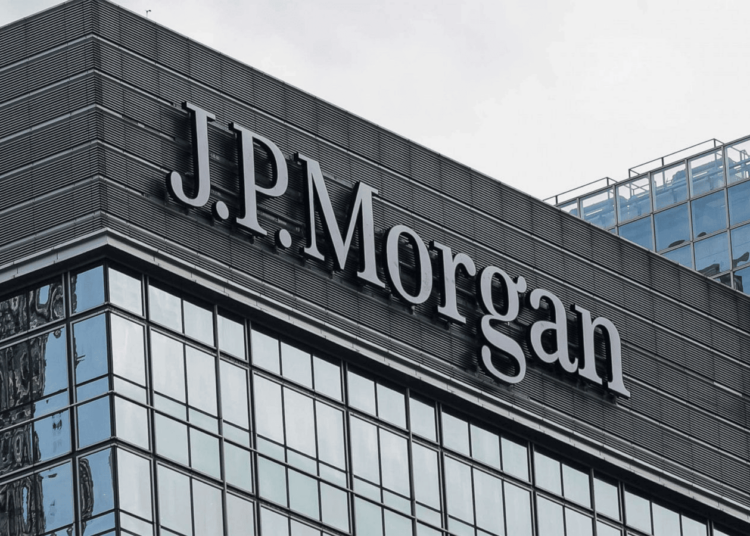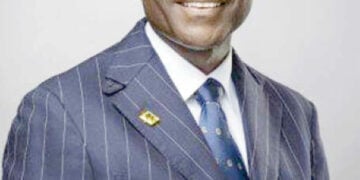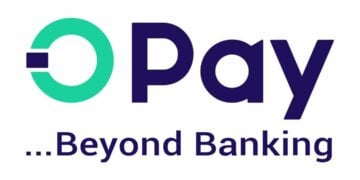Wall Street investment bank JPMorgan closed a key bearish bet on Nigerian assets on Tuesday, saying the risk of potential problems from the west African country’s national elections may be easing, Reuters reports.
Traders should take profits on a long trade on U.S. dollar-Nigerian naira 9-month non-deliverable forwards (NDFs) – a trade that bets on the currency’s official rate falling heavily – JPMorgan said.
“While we still expect the currency to weaken post elections, we believe the NDF curve in the front-end has appropriately priced this risk,” JPMorgan analysts said in a note to clients.
The 9-month NDF is currently trading at 612 naira to $1, according to Refinitiv data , compared to the official exchange rate of 460.
Recall that Bloomberg is reported on Monday that Nigerian bonds recorded some of the best gains in emerging markets.
The news agency said five of Nigeria’s dollar bonds ranked among the 10 best performers on Monday in a Bloomberg index of 71 emerging and frontier nations.
The country’s sovereign risk premium narrowed the most this year on Monday, according to JPMorgan Chase & Co. data.
The equity benchmark in Lagos rose to an eight-month high.
“Markets seem to be increasingly pricing in a Tinubu win, given the expectations that he could push through reforms quicker than others,” Simon Quijano-Evans, chief economist at Gemcorp Capital Management, was quoted as saying.
“But it is difficult to see this holding if the election winner is unable to quickly turn around the macro story with visible reforms and personnel changes.”
Quijano-Evans also said some of the gains might have been driven by bargain hunters after Nigeria’s bonds tumbled in the run-up to the elections.
Bloomberg said Nigeria’s bond due 2047 rose 1.8 cents on the dollar to 68.8, cutting its yield by 33 basis points to 11.5 per cent.
Meanwhile, securities maturing in 2029, 2030, 2032 and 2033 all rallied more than 2% in price.
JPMorgan gauge of sovereign-risk premium, meantime, narrowed 42 basis points to 723 – a reduction of 104 basis points in the past three days.
It said the measure had hovered above the 1,000 basis-point mark until November 3, the widely accepted threshold to indicate a debt-distressed nation.
On his part, Patrick Curran, a senior economist at Tellimer Ltd, said, “Tinubu, who we perceive as being the least market-friendly of the three main candidates, is currently in the driver’s seat, but it is still early days and the positive reaction in Nigerian credit could indicate that markets think Obi stands a fighting chance.”
“There is likely to be a positive macro policy shift at the margin no matter who wins the election.”





